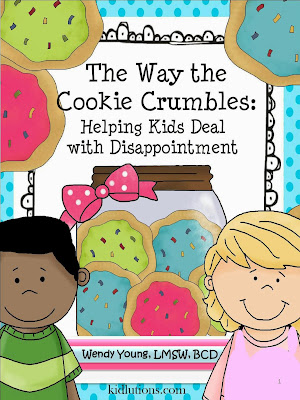Why Limiting Screen Time Matters
Screen Time: How Much is Too Much?
It used to be that the American Academy of Pediatrics discouraged any screen time for children under the age of 2 and encouraged 2 hours or less of screen time for children over age two. These guidelines have been updated and relaxed, considering several different factors. You can read the updated guidelines here, along with finding several links that explore digital citizenship and family agreements about online activities.
Still, there are good reasons to limit screen time and encourage other activities. Some of these reasons are outlined below.
Limiting screen time can benefit children in several ways:
Physical Health: Excessive screen time is associated with a sedentary lifestyle, which can lead to obesity and other health issues. Limiting screen time encourages physical activity and reduces the risk of health problems.
Mental Health: Research suggests that excessive screen time, especially on social media, can contribute to anxiety, depression, and other mental health issues in children. Limiting screen time can help protect against these negative effects.
Sleep: Screens emit blue light, which can disrupt the production of melatonin, a hormone that regulates sleep. Limiting screen time before bedtime can improve sleep quality and duration.
Social Skills: Spending too much time on screens can reduce face-to-face interactions, which are crucial for developing social skills and emotional intelligence. Limiting screen time encourages children to engage in real-world interactions.
Academic Performance: Excessive screen time has been linked to poorer academic performance. Limiting screen time can free up time for homework, reading, and other activities that support learning.
Behavioral Issues: Some studies suggest that excessive screen time may be linked to behavioral issues such as aggression, impulsivity, and attention problems. Limiting screen time can help reduce these behaviors.
Overall, limiting screen time can help children develop healthier habits, improve their physical and mental well-being, and support their overall development and academic success.
Need an extra resource to help get a family media plan together? Check this article out from the American Academy of Pediatrics for more support!
Join the Kidlutions Family
If you aren't already part of the Kidlutions' Family, sign up HERE to get the motherlode of free printables and resources!
Until next time,
Wendy Young, LMSW, BCD, is the founder of Kidlutions and co-author of BLOOM: 50 Things to Say, Think and Do with Anxious, Angry and Over-the-Top Kids, co-creator of BLOOM Brainsmarts, and creator of The Joyful Parent. She is the author of numerous workbooks and resources to help from the preschool through the teen years.
Follow her on Pinterest, Instagram, Twitter and Facebook! You can also find her @thetenacioustherapist on Instagram, where she helps other therapists create a life they love. She'd love to see your smiling face there! Affiliate links may be used in this post. Please see our full disclaimer, located at the top of our page for more information.











Comments